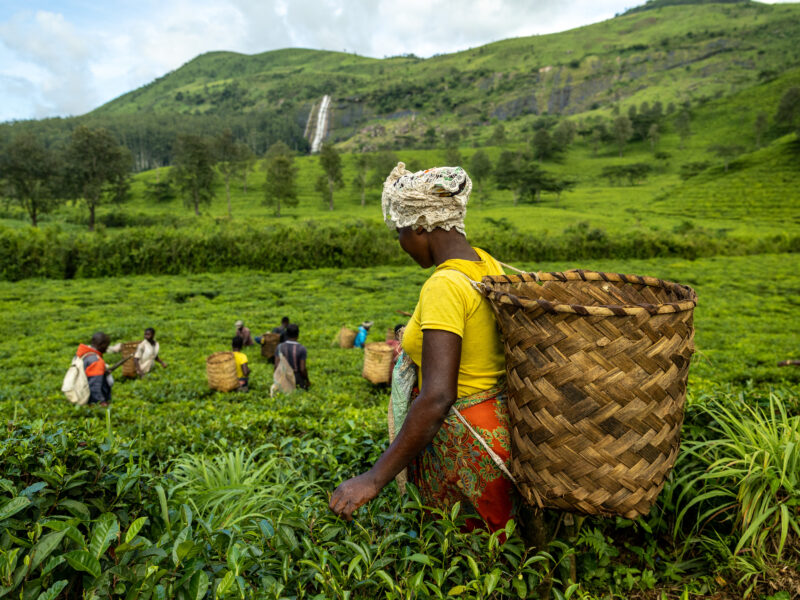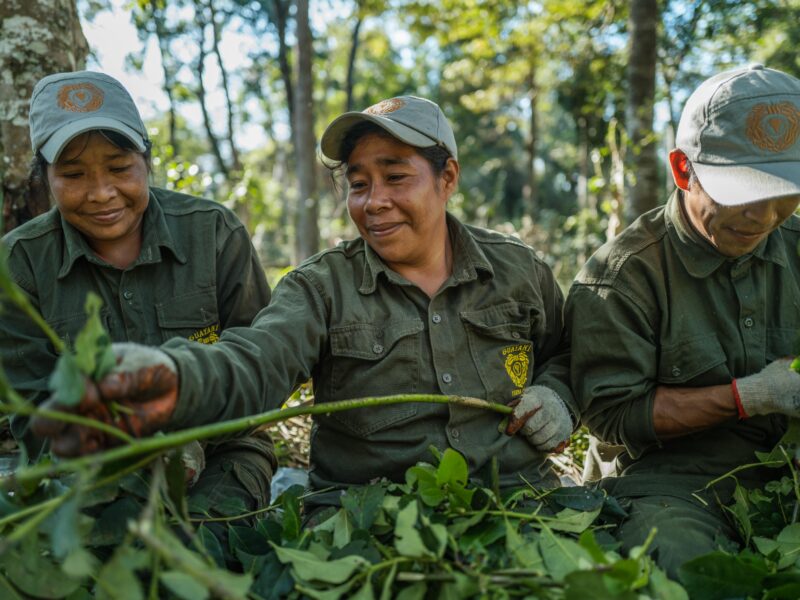A new study has found multiple neonicotinoids in children’s cerebro-spinal fluid, plasma, and urine. In January, the USDA issued its 30th Pesticide Data Program Annual Summary report which evaluates each year the presence of pesticide residues on produce and misleads the public on the safety of food and agricultural practices. One in three people across America have detectable levels of a toxic herbicide linked to cancers, birth defects and hormonal imbalances, a major nationwide survey has found. Human exposure to the herbicide 2,4-D has substantially risen amid expanding use among farmers despite a multitude of health and environmental concerns, according to the first nationally representative study evaluating the footprint of the chemical. The Washington state Supreme Court has upheld a record $18 million fine against a national grocery industry group for violating state campaign finance laws during a 2013 battle against a food-labeling initiative.In a 5-4 ruling issued Thursday, the court majority upheld a 2020 appeals court decision that found the massive fine levied against the Grocery Manufacturers Association, or GMA, was not excessive. Keeping the spark alive is hard in any relationship. It’s especially hard for fruit trees trying to attract pollinators. Blaire Kleiman, an FIU Institute of Environment graduate teaching assistant and alumna, found an unexpected source that keeps this relationship fruitful. Weeds. These often unwanted, wild-growing plants might not be particularly attractive to humans, but they do put a spell on important pollinators like bees and butterflies. In fact, the presence of weeds benefits trees and pollinators — and also means more of one of South Florida’s favorite fruits.
Multiple neonicotinoids in children’s cerebro-spinal fluid, plasma, and urine
A new study has found multiple neonicotinoids in children’s cerebro-spinal fluid, plasma, and urine.
https://ehjournal.biomedcentral.com/articles/10.1186/s12940-021-00821-z?
One in three Americans have detectable levels of toxic weed killer, study finds
Human exposure to 2,4-D has substantially risen despite a multitude of health and environmental concerns.
https://www.theguardian.com/environment/2022/feb/09/toxic-herbicide-exposure-study-2-4-d?
State Supreme Court Upholds $18M Campaign Finance Fine Against Grocery Industry Group
The Washington state Supreme Court has upheld a record $18 million fine against a national grocery industry group for violating state campaign finance laws during a 2013 battle against a food-labeling initiative.In a 5-4 ruling issued Thursday, the court majority upheld a 2020 appeals court decision that found the massive fine levied against the Grocery Manufacturers Association, or GMA, was not excessive.
The world’s most unwanted plants help trees make more fruitKeeping the spark alive is hard in any relationship. It’s especially hard for fruit trees trying to attract pollinators. Blaire Kleiman, an FIU Institute of Environment graduate teaching assistant and alumna, found an unexpected source that keeps this relationship fruitful. Weeds. These often unwanted, wild-growing plants might not be particularly attractive to humans, but they do put a spell on important pollinators like bees and butterflies. In fact, the presence of weeds benefits trees and pollinators — and also means more of one of South Florida’s favorite fruits.
https://news.fiu.edu/2022/the-worlds-most-unwanted-plants-help-trees-make-more-fruit?
USDA Food Pesticide Residue Survey Raises Alarm
In January, the U.S. Department of Agriculture (USDA) issued its 30th Pesticide Data Program (PDP) Annual Summary report (which evaluates each year the presence of pesticide residues on produce) and misleads the public on the safety of food and agricultural practices.









